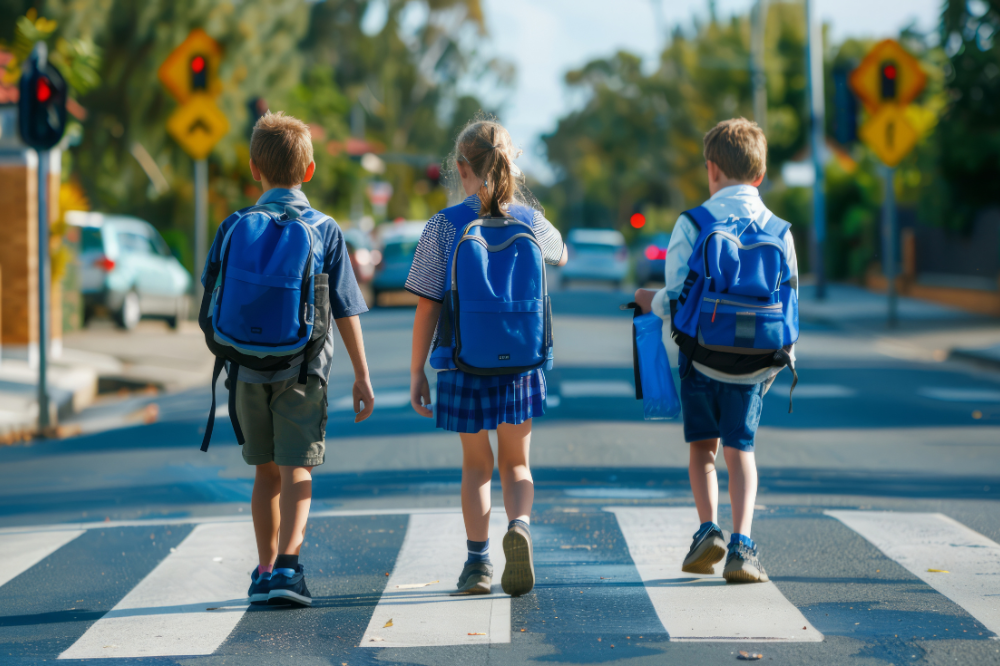
A significant 72% of parents worry about their child being socially and emotionally ready for a new educational environment, new research shows.
The nationwide survey by early learning educators Young Academics also found that 42% of parents confirmed their child struggled with the transition to school.
Most parents surveyed believe early preparation is key for building children’s confidence to succeed in the classroom.
Recognising this, Young Academics recently enhanced their daily curriculum through an exclusive three-year partnership with The Wiggles. The partnership includes four video resources each year, available exclusively to Young Academics families, incorporating music from the beloved children’s entertainers across seven key program areas: core, scholar, creative, wellness, wellbeing, our world, and discovery.
Caterina Mete, The Red Wiggle, credits their success in the ‘edutainment’ space to each member's practical understanding and experience with raising children.
“For 20 years I've been working with and performing for children. You quickly learn what inspires young minds to engage, participate, and enjoy singing or dancing along,” Mete said.
“Being part of so many young lives inspired me to step into this new role…a mum to two beautiful twin girls who wiggled their way into the world in June this year.”
Of the parents watching their children transition from early education to Big School, 61% are looking to invest in resources that directly support the developmental skills needed for a classroom setting.
When Australian parents were asked about their greatest concerns for a child moving between early education levels or onto Big School, a similar number (60%) specifically mentioned making new friends, 59% talked about their child’s ability to manage emotions, and 46% cited the challenge of learning a new routine.
Jenni Gaffney, Director of Operations at Young Academics, said these common hurdles can be soothed and resolved through music-based play, one of the few activities that uses both the logical and creative sides of the brain.
“Musically inspired habits are particularly important in helping unlock creativity and communication in children—including those with additional learning needs,” Gaffney said.
“This research reaffirms that Australian parents are seeking more ways to build confidence in their children and support these transitions to new educational environments. We’re always looking for meaningful ways to bridge this gap.”


